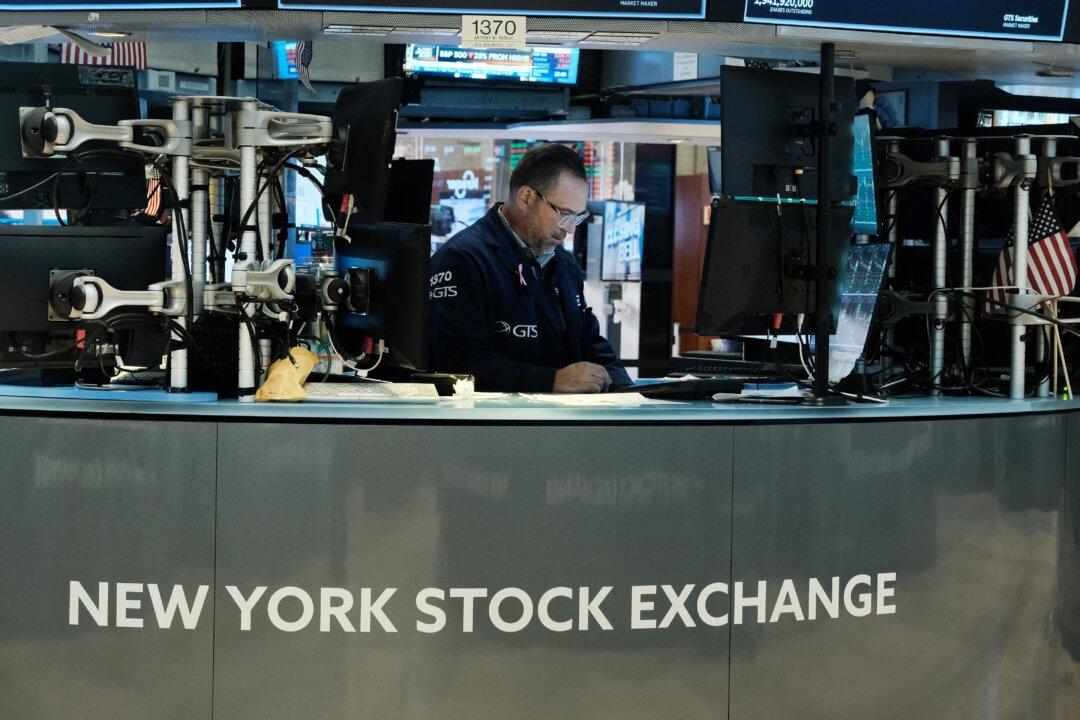Commentary
The U.S. federal government has over 1.8 million civilian employees and over 1.3 million active duty military personnel. Many have access to confidential information that could be traded in the stock market to give an edge against taxpayer stock traders who pay their salaries. That’s just wrong.





